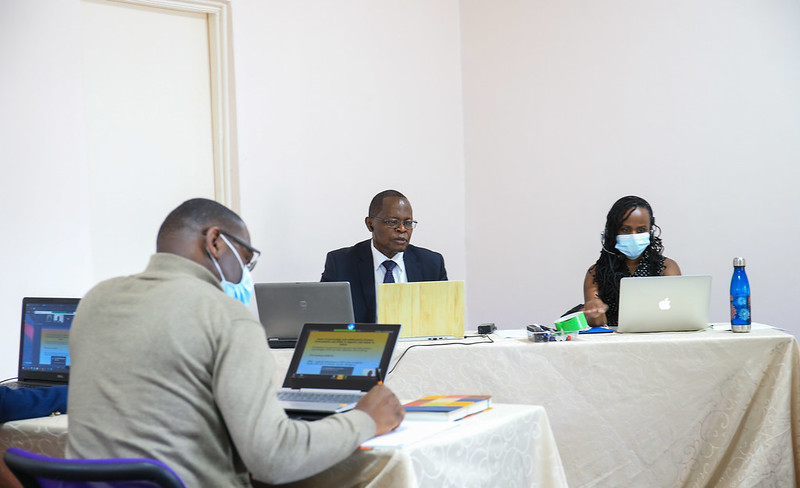The Next Best Time To Restore Data Rights Is Now!
April 8, 2021 2021-06-29 9:46The Next Best Time To Restore Data Rights Is Now!
On January 1, 2020, many new year resolutions made no provision for a disruptive event even though the novel coronavirus, COVID-19, was already making its way through some regions of the world but the onset of the global pandemic forced dramatic changes to everyone’s plans, and as various institutions or nations took on the challenge of flattening the curve, a lot of data gathering was involved. Indeed, if there was ever a time to pay attention to data governance, it was before the pandemic hit, but the next best time is now.
Many digital rights experts warned that some governments and private sector institutions could take advantage of the pandemic to pursue massive data gathering projects, including the collection of biometric information in countries without requisite legal framework. Hence, there is little surprise as we are now learning that a lot of the data gathering efforts that were carried out, including those without adequate legal frameworks, in the name of addressing the pandemic, have not proved to be the silver bullets they were sold as. In fact, there is no evidence that contact tracing apps are helping stop COVID-19 and they have actually been referred to as the biggest tech failure of the COVID-19 pandemic
This is a guest blog written by the Executive Director of Paradigm Initiative, a key #RestoreDataRights partner from the Nigerian region, emphasising the importance of data governance issues in Africa as outlined in the Restore Data Rights declaration which calls for responsible data use on the continent.
Paradigm Initiative (PIN) continues to work on data rights by focusing on the need for rights-respecting legal frameworks, redress for victims of data rights violations and the need to strengthen institutions that work on data governance. The African Union Convention on Cyber Security and Personal Data Protection was adopted by the 23rd Ordinary Session of the Assembly held in Malabo, Equatorial Guinea, on June 27, 2014, but as at the end of 2020, only 14 out of 55 countries have signed the Malabo Convention. Worse still is the fact that only 8 countries have ratified and deposited the instrument as legal instruments. The signatories — Angola, Ghana, Guinea, Mozambique, Mauritius, Namibia, Rwanda and Senegal — represent less than 15% of the countries in Africa and this paints the picture of the current state of respect for data rights on the continent. There are, of course, countries like Kenya that have not signed, ratified or deposited the Malabo Convention but have gone on to establish a Data Protection Commission, but the inability of African nations to hold themselves accountable to a Personal Data Protection instrument adopted at a meeting of peers says a lot about why more work is required





